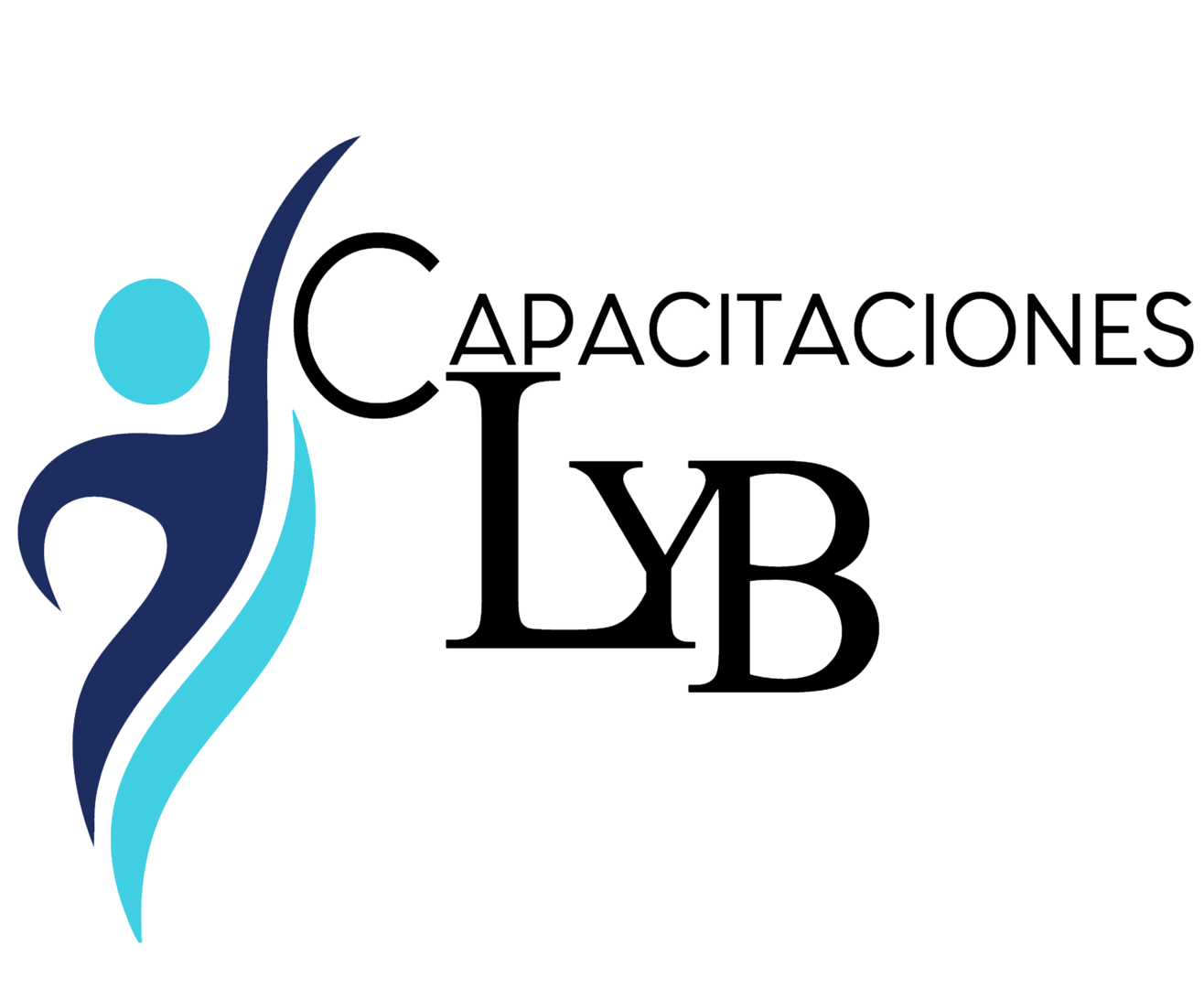By fostering an environment that encourages creativity, individuals and organizations can unlock innovative solutions to complex problems. Emotional intelligence, or EQ, refers to the ability to recognize, understand, and manage our emotions and the emotions of others. Research has shown that individuals with high emotional intelligence tend to have better interpersonal relationships, improved mental health, and greater success in their careers. The mind’s capacity to navigate emotions is a crucial aspect of human interaction, enabling us to empathize, communicate effectively, and build meaningful connections. Theories such as Maslow’s hierarchy of needs illustrate how our motivations are shaped by our psychological and emotional states.
The rise of secularism and atheism has also prompted discussions about the role of religion in public life and governance. As societies grapple with issues such as climate change, social justice, and human rights, the influence of religious beliefs on ethical decision-making remains a critical area of exploration. In conclusion, the history of world religions is a rich and intricate narrative that reflects humanity’s enduring quest for meaning, connection, and understanding. From the earliest animistic beliefs to the complex theological systems of today, religions have shaped cultures, influenced societies, and provided frameworks for moral and ethical living. As we navigate an increasingly interconnected world, the lessons learned from the history of religions can guide us toward greater empathy, respect, and cooperation among diverse belief systems. The tapestry of belief continues to evolve, reminding us of our shared humanity and the diverse paths we take in our search for truth.
Many traditional dishes are being reimagined to accommodate modern dietary preferences, such as vegetarianism, veganism, and gluten-free diets. This adaptation reflects a growing awareness of nutrition and sustainability, as people seek to balance their culinary heritage with contemporary health considerations. For example, traditional Mediterranean diets, known for their health benefits, have gained popularity worldwide, leading to a renewed interest in olive oil, fresh vegetables, and whole grains. As we explore the features of national cuisines, it becomes evident that food is more than just sustenance; it is a reflection of culture, history, and identity. The interplay of geography, local ingredients, cooking techniques, and cultural practices creates a rich tapestry that defines each nation’s culinary landscape.
Remarkably, as we stand at the threshold of new discoveries, we must also recognize the importance of resilience in the face of uncertainty. The path to understanding cosmic darkness is fraught with challenges, but it is through perseverance and collaboration that we will overcome obstacles and unlock the secrets of the universe. Each setback serves as a reminder of the complexity of the cosmos and the need for continued inquiry and exploration. Reaching out to the global community, the exploration of cosmic darkness emphasizes the importance of collaboration and shared knowledge. By fostering partnerships between institutions, researchers, and the public, we can create a vibrant ecosystem of inquiry that transcends borders and disciplines.
XXX material Sitesi Türkiye’De Neden Engellenmektedir?
Aesthetics examines the nature of beauty and taste, exploring how individuals and cultures define and appreciate beauty. Philosophers such as Immanuel Kant have posited that beauty is a subjective experience, shaped by individual taste and cultural context. This philosophical perspective aligns with psychological findings that emphasize the variability of beauty perception across different individuals and societies.
In contrast, a child who faces constant criticism may internalize feelings of failure and inadequacy. These self-perceptions can dictate our choices, aspirations, and overall life satisfaction as we transition into adulthood. Embracing the lessons learned from childhood memories can also lead to personal growth and healing. Many adults find themselves revisiting their past to understand their present behaviors and emotional responses. This process of reflection can be therapeutic, allowing individuals to confront unresolved issues and reframe their narratives. By acknowledging the impact of childhood experiences, adults can work towards breaking negative cycles and fostering healthier patterns in their lives.
- Furthermore, businesses can invest in community development and support local economies, creating a positive ripple effect that extends beyond their operations.
- This sleep disruption can result in chronic fatigue, decreased cognitive function, and a weakened immune system.
- By prioritizing both mental and physical well-being, we can create a solid foundation for harnessing our full potential.
- However, it is essential to approach goal-setting with a growth mindset, recognizing that setbacks and challenges are a natural part of the journey.
- Leaders who articulate a clear and compelling vision can inspire their teams to rally around a common goal.
- By working together, we can create a more comprehensive understanding of the manuscripts and their significance, ensuring that diverse perspectives are represented in the scholarship.
Engaging local communities, businesses, and non-governmental organizations in conservation efforts can foster collaboration and build a sense of shared responsibility. By involving a wide range of voices in decision-making processes, we can develop more inclusive and effective strategies for protecting ecosystems. This collaborative approach can lead to innovative solutions that benefit both people and the environment. As we confront the realities of climate change, habitat loss, and biodiversity decline, we must take bold Reimagining our future in harmony with nature is not just an ideal; it is a necessity. As we confront the realities of climate change, habitat loss, and biodiversity decline, we must take bold actions to ensure the survival of ecosystems and the services they provide.
XXX material Belge İstiyor Mu?
The artifacts of the Holocaust, for example, evoke powerful emotions and serve as a testament to the resilience of the human spirit. Museums dedicated to preserving the memory of this tragic period often display artifacts such as personal belongings, photographs, and documents that tell the stories of those who suffered. These artifacts not only educate future generations but also honor the memories of those who lived through unimaginable hardships. Archaeologists, historians, scientists, and artists often work together to gain a more comprehensive understanding of these objects.
These advancements have not only increased life expectancy but have also enhanced the quality of life for countless individuals. Furthermore, the field of genetics has opened new avenues for understanding and treating diseases. The discovery of DNA’s structure by James Watson and Francis Crick in 1953 laid the groundwork for modern genetics. This breakthrough has led to significant advancements in personalized medicine, allowing for treatments tailored to an individual’s genetic makeup.
By commissioning the building of megaliths, these leaders could solidify their status within the community and reinforce social hierarchies. This aspect of megalithic construction highlights the interplay between architecture, power, and identity in ancient societies. Many contemporary communities view these ancient structures as sacred sites, often engaging in rituals and ceremonies that honor their ancestors and the earth. This connection to the past serves as a reminder of the enduring significance of megaliths in human history. Furthermore, the fascination with megaliths has inspired a plethora of myths and legends throughout history. Many cultures have woven stories around these stone giants, attributing them with supernatural qualities or divine origins.
- However, the rise of feudalism and the emergence of a wealthy merchant class began to shift this paradigm.
- These collaborative efforts can help communities process collective trauma, celebrate cultural heritage, and promote healing in the aftermath of crises.
- Advertisers often leverage fear to motivate consumers to purchase products or services, creating a sense of urgency or highlighting potential dangers.
- Through the voices of women from various backgrounds, the play encourages audiences to empathize with the struggles faced by others, ultimately promoting solidarity and collective action.
- The introduction of the wheel enabled the development of carts and chariots, facilitating commerce and communication between distant communities.
- As the 20th century dawned, fashion became increasingly influenced by social movements and cultural shifts.
These technologies enable a more comprehensive understanding of artifacts, allowing scholars to reconstruct their histories and significance more accurately. Furthermore, the rise of citizen science has opened new avenues for artifact discovery and analysis. Enthusiasts and amateur archaeologists can now contribute to research efforts through online platforms and community projects. This democratization of archaeology fosters a greater appreciation for ancient artifacts and encourages public engagement with history.
As we continue to explore new frontiers, both physically and digitally, we must remain mindful of our impact on the planet and the cultures we encounter. The future of travel lies in our ability to balance exploration with responsibility, ensuring that the spirit of adventure endures for generations to come. Ultimately, the journey of exploration is not just about the destinations we reach but also about the connections we forge along the way. As we venture into the unknown, let us embrace the diversity of our world and celebrate the stories that unite us all. The history of traveling and expeditions is a rich legacy that continues to inspire and shape our understanding of what it means to be human.
In contemporary society, fear often manifests in more abstract forms, such as fear of failure, fear of rejection, or fear of the unknown. The fear of failure, for example, can lead to procrastination and avoidance behaviors, as individuals may choose to forgo opportunities rather than risk the possibility of not succeeding. This phenomenon is particularly prevalent in high-achieving individuals who set exceptionally high standards for themselves.
Engaging in community activities, volunteering, or participating in group events can enhance feelings of belonging and connection. These social interactions can provide a sense of purpose and fulfillment, contributing to overall happiness. Delving into the psychology of happiness ultimately reveals that it is a dynamic and multifaceted construct. By understanding the various factors that contribute to happiness, individuals can take intentional steps to enhance their well-being.
Delving into the world of traditional Japanese architecture, the Kinkaku-ji, or Golden Pavilion, in Kyoto is a stunning example of Zen Buddhist design. Originally built in the 14th century, this iconic structure is covered in gold leaf and surrounded by serene gardens and a reflective pond. The Kinkaku-ji embodies the principles of simplicity and harmony with nature, characteristic of traditional Japanese aesthetics. Its architectural beauty and tranquil setting make it a UNESCO World Heritage Site and a symbol of Japan’s rich cultural heritage.
The ability to voice concerns and seek redress through established channels fosters a sense of trust in the system, which is essential for social harmony. Research has consistently shown that democratic nations tend to enjoy higher levels of economic growth and prosperity. Investors are more inclined to commit resources to countries where their rights are protected, and contracts are enforced. In a free society, individuals are empowered to pursue their ideas and aspirations without fear of repression. This freedom of expression and creativity leads to the development of new technologies, products, and services that can enhance the quality of life for all citizens.
- Their works encouraged a shift away from the rigid structures of Enlightenment thinking, embracing instead the subjective experience of the individual.
- Engaging in meaningful conversations and sharing supportive content can foster a sense of community and reduce the negative impact of social media on mental health.
- However, this beauty is fragile, and the ecosystems are under constant threat from human activities.
- By fostering a culture of conservation and promoting awareness about the importance of tropical rainforests, we can inspire others to join the cause and work towards a more sustainable future.
- These communities, often referred to as «Blue Zones,» include regions such as Okinawa in Japan, Sardinia in Italy, and Loma Linda in California.
- As technology advances and new discoveries are made, our comprehension of the universe will undoubtedly deepen, inviting us to ponder the profound questions that lie at the heart of our existence.
By understanding the importance of ecosystems and the services they provide, individuals can make informed choices that benefit both the environment and society. Community engagement in local conservation projects can also empower individuals to take action and advocate for sustainable practices in their neighborhoods. In the realm of scientific research, ongoing studies are crucial for understanding the complexities of ecosystems and the impacts of human activities. Ecologists and environmental scientists work to monitor changes in biodiversity, assess ecosystem health, and develop strategies for restoration. Moreover, advancements in technology, such as remote sensing and genetic analysis, are enhancing our ability to study ecosystems and track changes over time.
By prioritizing ecosystem health, we can help ensure that these natural systems continue to function effectively in the face of changing environmental conditions. Another critical aspect of ecosystem management is the Terrorist attack recognition of indigenous knowledge and practices. Indigenous communities have long been stewards of their local environments, possessing valuable insights into sustainable resource management and conservation.
Moreover, the ethical considerations surrounding archaeology have become increasingly prominent in recent years. Issues such as repatriation, cultural sensitivity, and the impact of colonialism on archaeological practices have become focal points of discussion within the field. Many archaeologists advocate for the respectful treatment of artifacts and the communities from which they originate. This includes returning items to their rightful owners, particularly in cases involving indigenous peoples whose cultural heritage has been appropriated or misrepresented.
Mindfulness-based stress reduction (MBSR) combines mindfulness practices with therapeutic techniques to help individuals manage stress and anxiety. These approaches highlight the potential for individuals to actively shape their mental landscape and improve their overall quality of life. Furthermore, the power of the human mind is not limited to individual experiences; it extends to the collective consciousness of humanity. The concept of collective consciousness refers to the shared beliefs, values, and attitudes that shape societies and cultures. The power of the human mind, when united in purpose, can drive significant change, as seen in social justice movements, environmental activism, and humanitarian efforts. By harnessing this collective power, we can address pressing global challenges and create a more equitable and sustainable world.



